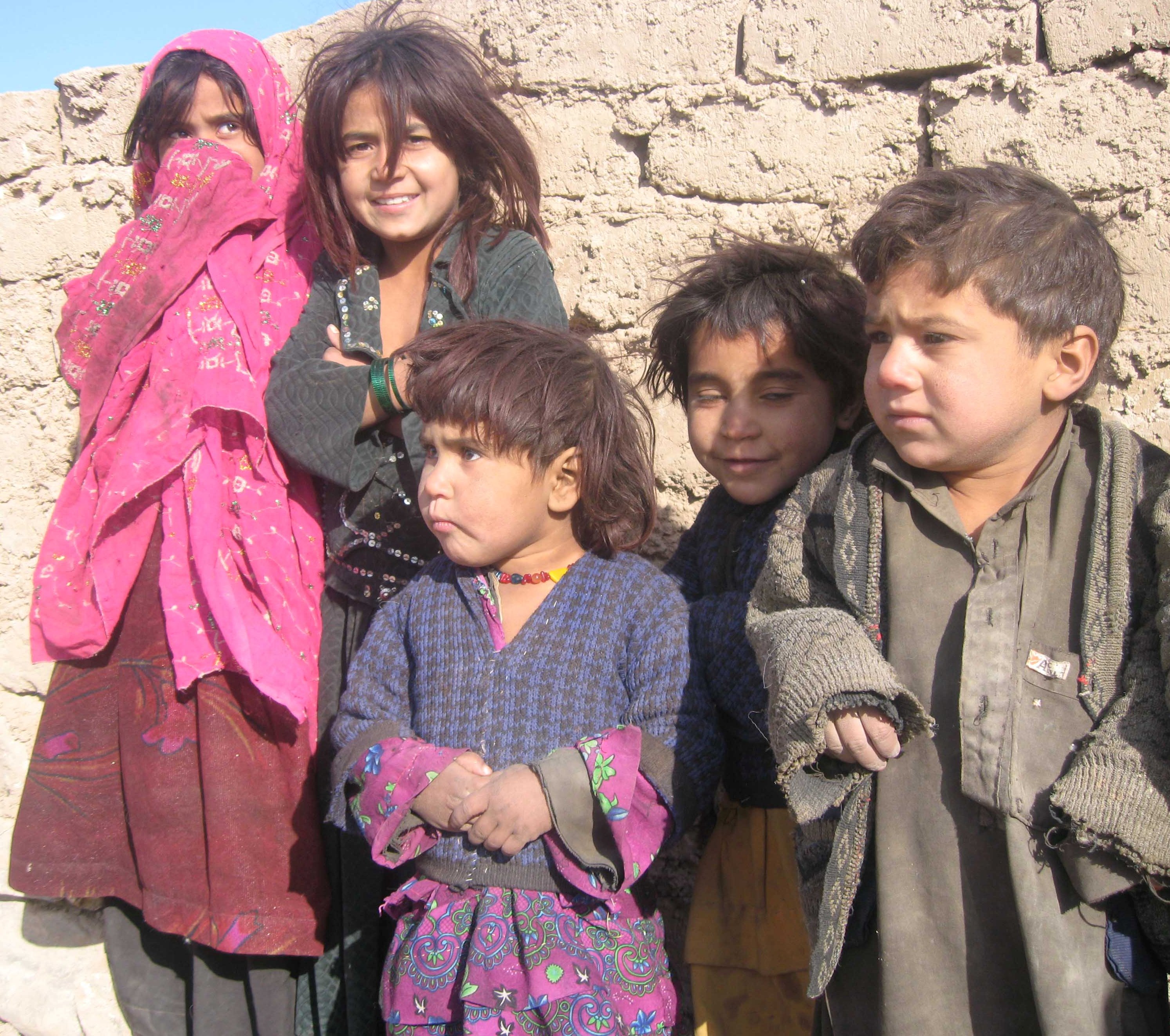The family abandoned their home in Moqur District because of recurrent armed conflict between insurgent groups and pro-government forces and prevalent food insecurity.
“We left our homes out of despair and came here for survival,” the 42-year-old father-of-four told IRIN outside his tent. “These children are hungry and feel cold,” he said pointing to his young children huddled around him, shivering in the cold.
A provincial official said about 400 families (around 2,000 individuals) had been displaced across the province over the past two months. Most of the displaced have set up tents or sought shelter in dilapidated houses in the outskirts of the provincial capital.
Due to below zero temperatures and lack of access to safe drinking water, many internally displaced persons (IDPs), particularly children, are prone to diseases such as diarrhoea and pneumonia.
“We have lost everything… I cannot even buy medicine for my sick children,” said Dadullah.
Dearth of aid
Badghis is a remote province that has had little development and humanitarian activity over the past several years, making it one of the least developed of Afghanistan’s 34 provinces.
Provincial government authorities said they had few resources at their disposal to mitigate the suffering of IDPs and that non-government aid agencies had little presence in the province.
Access to vulnerable people in Badghis and large areas in the south, east and central parts of the country has been impeded by worsening insecurity, attacks on aid workers, rugged terrain and lack of transport infrastructure.
The Afghan Red Crescent Society (ARCS), which has extensive presence across the country, said its provincial department delivered live-saving relief to some IDPs but acknowledged the need for more.
“These people [IDPs] need more emergency food aid, medical assistance, winter supplies and shelter,” Abdul Rahim Raheen, ARCS’s provincial head, told IRIN.
Amid a worsening humanitarian situation across Afghanistan largely resulting from conflict, drought and high food prices, the issue of how to meet the needs of IDPs remains a pressing challenge for the Afghan government and aid organisations.
Over 235,000 individuals are currently displaced in different parts of the country, down from about one million in 2002, according to the UN Refugee Agency (UNHCR).
However, tens of thousands of IDPs are deprived of basic necessities and are in need of immediate assistance, Amnesty International, a London-based rights watchdog, said on 18 February.
sam/ad/at/ed
This article was produced by IRIN News while it was part of the United Nations Office for the Coordination of Humanitarian Affairs. Please send queries on copyright or liability to the UN. For more information: https://shop.un.org/rights-permissions





